Cerebral atrophy is a common feature of many of the diseases that affect the brain
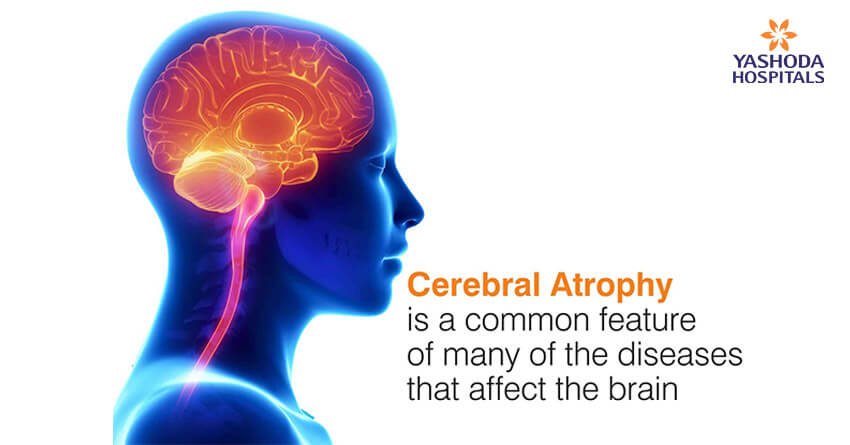
Cerebral atrophy is a condition where there is loss of brain cells. Loss of brain cells may happen for the entire brain or part of it. Cerebral atrophy is evident as decrease in brain mass, and loss of neurological function. Cerebral atrophy may cause seizures, dementia, and difficulty in speaking and comprehending language.
CAUSES
There may be multiple causes for cerebral atrophy viz. Alzheimers disease, cerebral palsy, or Huntington’s disease and infections. Other diseases that cause cerebral atrophy include, Leukodystrophysies (diseases damaging the protective material around nerve cells), Multiple sclerosis (a disease that affects the brain and spinal cord causing weakness, coordination, balance difficulties, and other problems), and Picks disease (a form of dementia that affects only certain areas of the brain)
SYMPTOMS
When cerebral atrophy affects the entire brain, the symptoms are evident as dementia, memory problems and personality changes. When only a part of the brain is affected, the symptoms include seizures, speech and vision problems, and loss of movement. In general, the symptoms of cerebral atrophy include blurred or double vision, difficulty in producing and understanding speech, impaired coordination, localized weakness and loss of sensation.
RISK FACTORS & COMPLICATIONS
The risk factors that may help in developing cerebral atrophy include, advanced age, brain injury, Alzheimers and Huntington’s and autoimmune disorders. In some cases, head injuries also increase the risk of developing cerebral atrophy. The complications of cerebral atrophy include inability to participate in daily activities, loss of independence and withdraw and depression.
TESTS AND DIAGNOSIS
The tests prescribed in the diagnosis of cerebral atrophy are quite long and complex. These tests include, Neuroimaging techniques such as magnetic resonance imaging (MRI), computed tomography (CT), positron emission tomography (PET), and single-photon emission computed tomography (SPECT).
TREATMENTS AND DRUGS
The loss or damage of brain cells cannot be cured completely. It can only be controlled or slowed by following a healthy lifestyle. The ability to perform daily activities can be enhanced by physical therapy. Those with hearing problems can use hearing aid or device that best suits their needs.
Different therapies are prescribed for patients of cerebral atrophy. If the quality of life is improved by cognitive or behavioral therapy, the loss of muscle control is slowed by physical therapy. Speech therapy helps to decrease the impact of aphasia, a condition of impaired speech and comprehension. An effective treatment process is in identifying the underlying infection or injury leading to cerebral atrophy, and providing the right course of treatment.
Read more about Cerebral Atrophy symptoms, causes and treatment
If you find any of the above mentioned Symptoms of Cerebral Atrophy then
Book an Appointment with the best neurologist in hyderabad










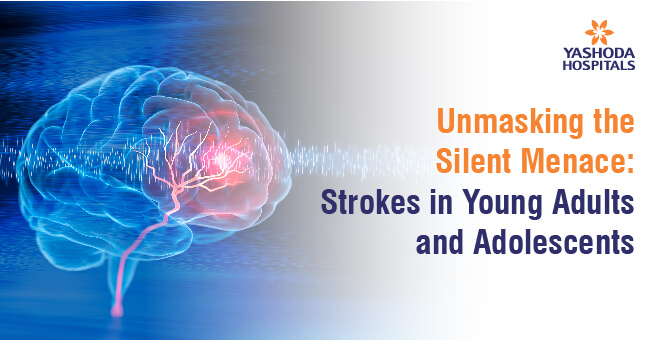


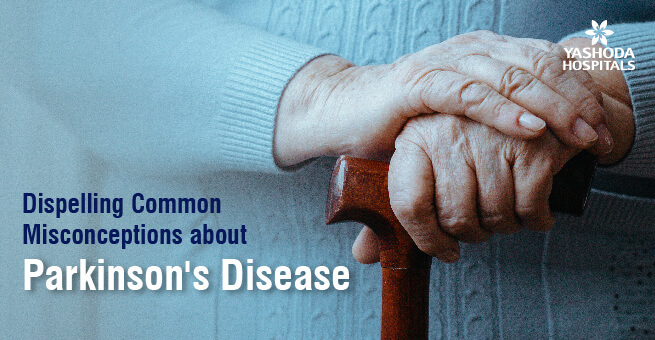
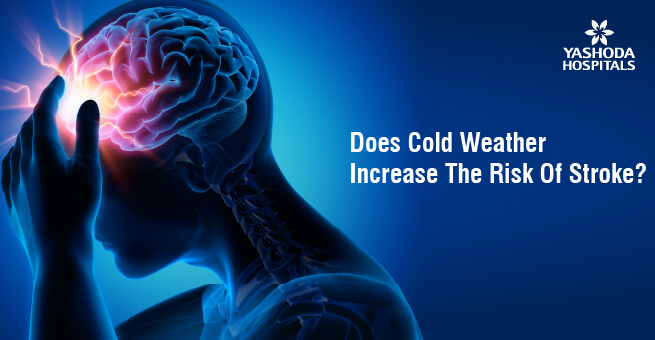

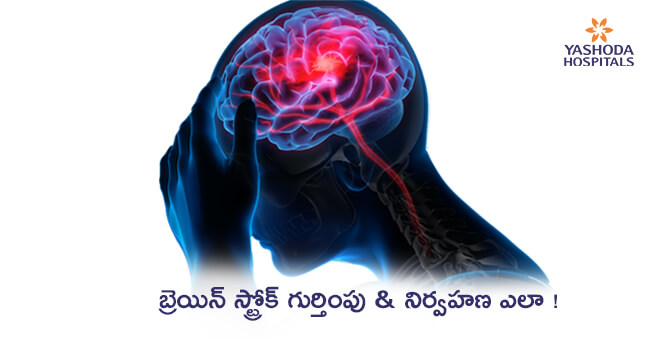
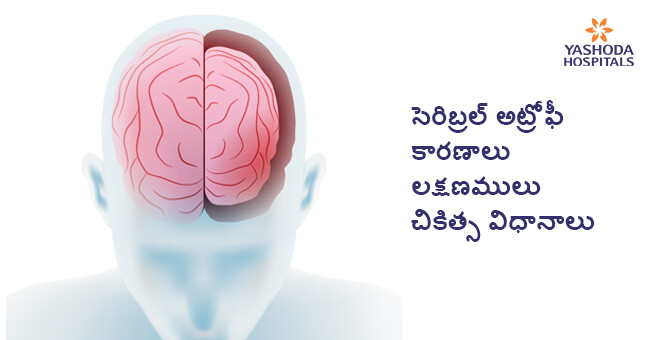
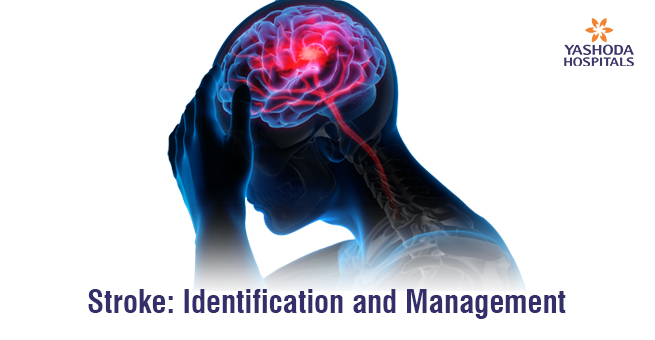
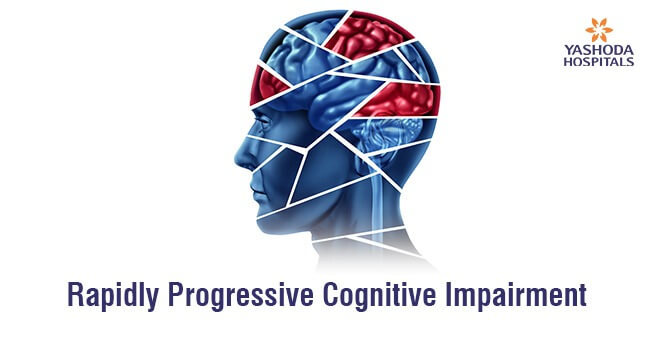
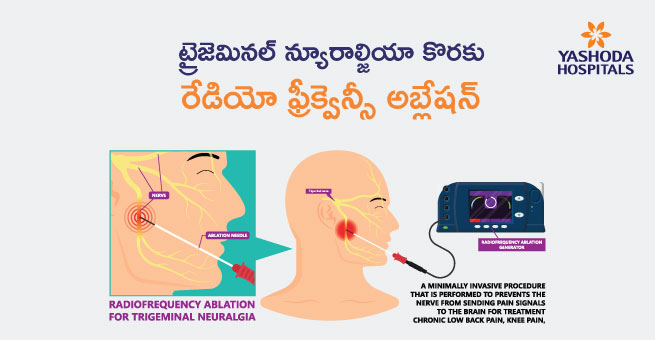
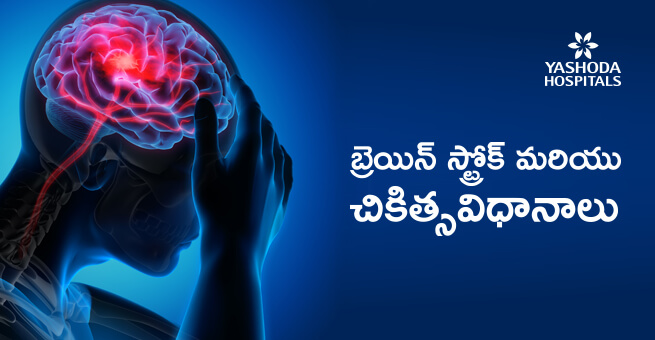



Having generalized cerebral atrophy can I get mentaly I’ll certificate
Dear Mr. Govind Ram Tiwari, Please consult a neurologist for a complete examination to understand the course of treatment and recovery. Please write to us at info@yashodamail.com for further correspondences.
I am a 41 year old female and just received MRI results that say I have mild generalized cerebral volume loss. I am scheduled to see a Neurologist soon but I like to do my own research so I can have informed questions during my appointment. I am having difficulty finding information online about individuals under 65 years old with this condition. I know I am a log way from finding out what is causing my atrophy, but in general, is it unusual for someone my age to have generalized cerebral volume loss?
Thank you, Dana,
Doctors will address your query after thorough evaluation. Please consult our doctors.